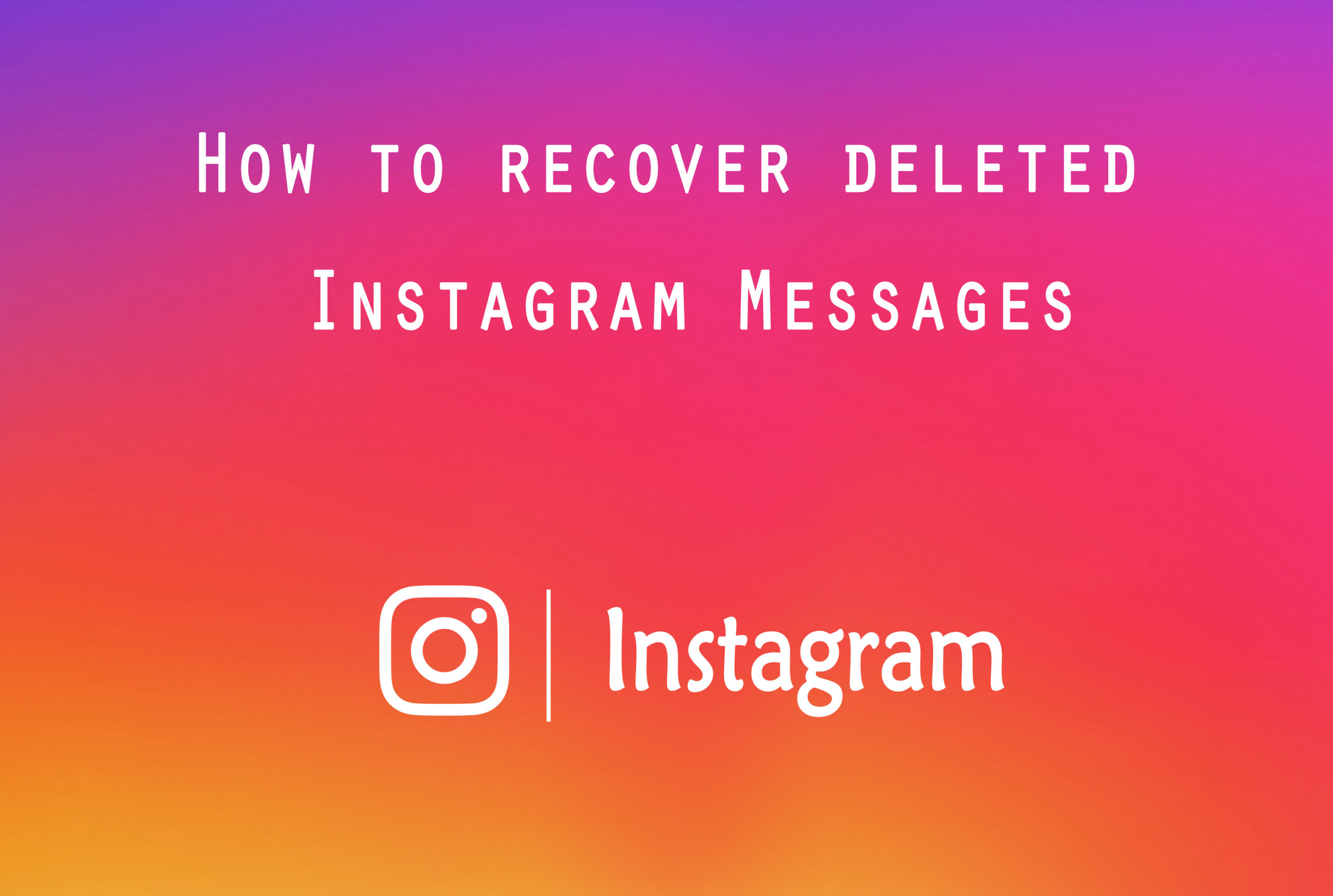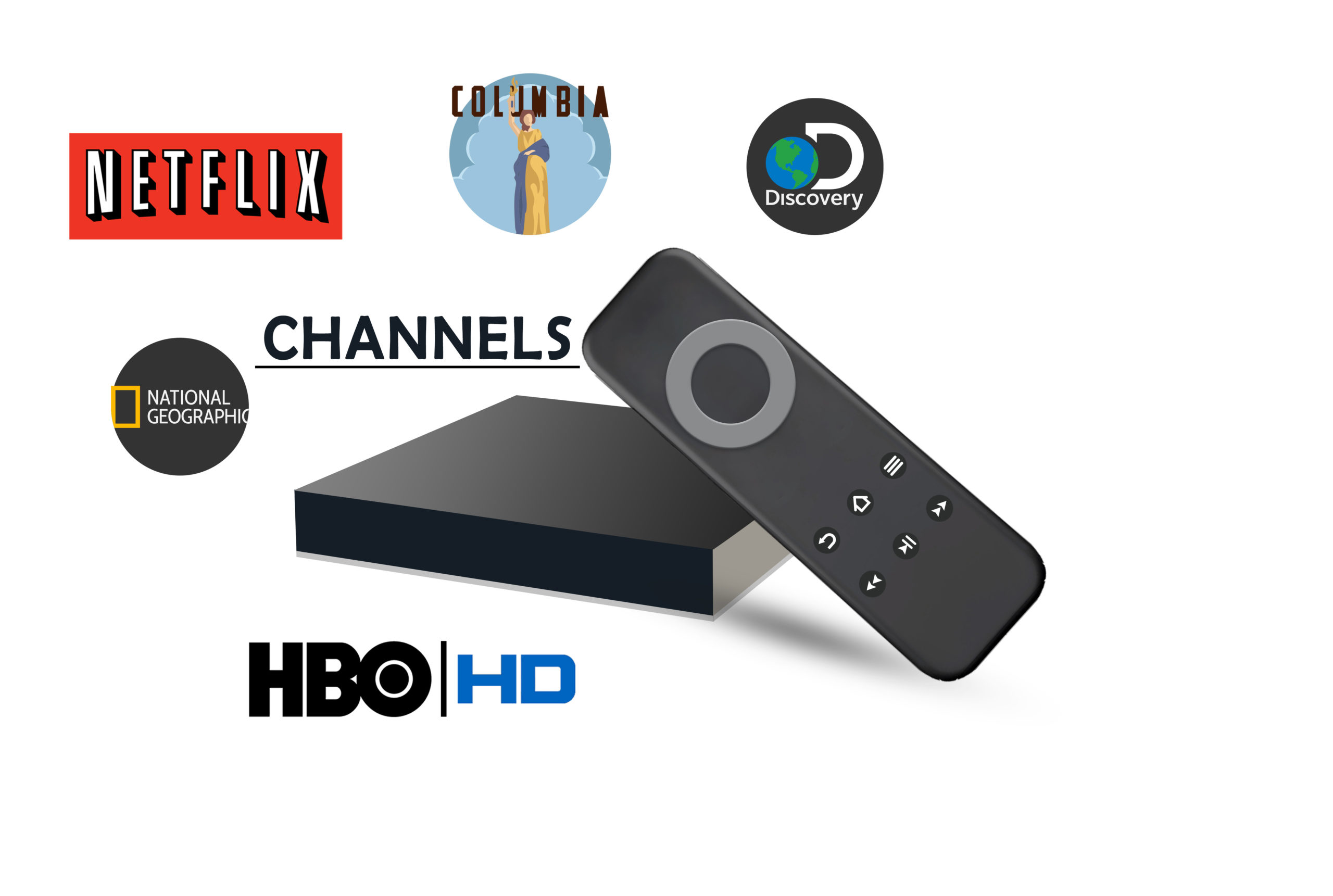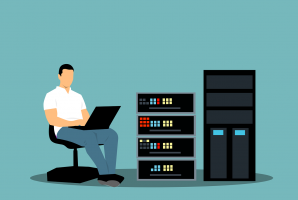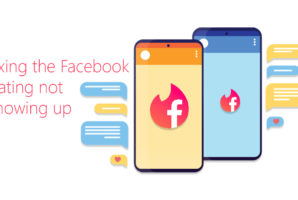In today’s age, we’re used to having everything at our fingertips and available in a short space of time, whether it be same-day Amazon deliveries, fast-food orders, or taxi services. The on-demand industry is seeing huge increases in both the numbers of people wanting these services and businesses and industries looking to offer them.
It is well known that the healthcare industry is a little slower than most when it comes to adopting new technologies, especially those that are user-facing. During the Covid-19 pandemic, this had to change quite quickly, as most of our lives and day-to-day tasks turned to be online and this was especially true for the health and healthcare industry. Most healthcare services were instantly affected by the pandemic and restrictions, with appointments canceled, reviews rescheduled, and consultations being made over the phone.
Healthcare providers and services had to adapt and overcome the challenges of suddenly being asked to provide online and on-demand services, but how? Here is an insight into the ways that healthcare services have adapted and learned to provide online and on-demand services in recent times.
Healthcare Apps
On-demand apps are a huge trend, especially with startup companies and businesses. However, for many of us, healthcare services are still very much an in-person and in-office experience – not many of us have had online consultations before, or made prescription requests via an email form. With COVID-19, healthcare providers, and services are unable to meet with patients face-to-face in many circumstances, which is where the development of healthcare apps and online services came from. In fact, according to Bloom Healthcare, the demand for telemedicine has increased since the pandemic.
How Do Online Healthcare Services Work?
There is a diverse range of online and on-demand healthcare services, but they mostly all operate the same.
Scheduling an appointment
By using an app or online form, you can now set up a virtual or telephone appointment for most healthcare services. Simply provide information on the symptoms you are experiencing and some other information and you will be given a time when a doctor or healthcare professional will be in touch with you.
Access health records
During the pandemic, you may need access to your health records for several different reasons, such as vaccination requirements, sick notes or to check shielding/self-isolation advice based on previous health concerns. Many people’s health records have now been digitalized so that they can be quickly accessed by the patient following confirmation from their doctor or clinician.
Getting support
At a time when the vast majority of people have been directly affected by the COVID-19 pandemic, it isn’t surprising that mental health services have been stretched to their limits. People with mental health concerns and illnesses are struggling more due to isolation, anxiety, and limited access to health services that usually support them, so several mental health support services have moved online. This means that they can help more people per day than if they were doing face-to-face appointments and can also fit in more regular telephone catch-ups with vulnerable patients.
Do Patients Want Online and On-Demand Healthcare Apps?
Ideas tend to become successful when there is a real-life problem that many people need to solve. In terms of healthcare apps, this came true when COVID-19 became a long-term issue, as people still needed these health services.
Imagine if you were suffering from severe headaches, or needed more important medication, then instead of visiting your doctor’s surgery or heading to a busy pharmacy, you simply input your information into an app and you can then have a phone call consultation with a doctor, or be given a time slot to pick up the medication from your nearest pharmacy.
When it comes to health and health care patients tend to value quick and convenient services – no one likes waiting around for a delayed doctor’s appointment or standing in line for some medicine. This means that they then seek out easier and simpler ways to gain access to healthcare services, or in some cases, are put off from even attending. Thanks to healthcare app development and online services, many more people can gain access to the health services they need.
The large majority of patients are willing and able to use digital and online services, especially if it means they get a quicker service. With these developments, patients can get the care they need, often without even needing to go into their doctor or consultant’s office.
Access To Medication
For those patients who have ongoing health issues or take regular medication, the COVID pandemic has caused issues with production and accessibility to the medicine that they rely on.
Production lines have been thrown into disarray, either due to an increase in demand or fewer employees on hand to assist in production due to self-isolating or being unwell, delivery services stretched to their limits, and pharmacies having to restrict the number of items given to patients. All of these issues can hugely disrupt the lives of those who need to take regular medication, whether it’s because they struggle to get adequate amounts of their medication, or because they have to travel further afield to visit a pharmacy.
Luckily, many health services have picked up on the issues surrounding people getting their medication, vitamins, and supplements. Many doctor’s surgeries now offer online prescriptions, where you simply just need to fill out an online form, and then your medication will be available to pick up from your pharmacy in a couple of days or even dropped off at your home using the free NHS service.
For many people, vitamins and supplements form an integral part of their daily routine and support their health in many different ways, whether they have a vitamin deficiency, are pregnant, or have joint issues. Vitamins, such as vitamin D tablets, have also seen links when it comes to Covid recovery, so have been in high demand as people look to increase their intake when recovering from post-Covid symptoms. Many supplement suppliers and distributors recognize the importance of vitamins and supplement tablets and have now added fast-track deliveries and rolling subscriptions so that access is much easier.
Benefits of online and on-demand healthcare services
As online healthcare services become more common, it is important to recognize the benefits that they can provide. Although all healthcare services can’t become digital (surgeries, examinations, vaccinations, etc), online services are more cost-effective for healthcare providers and allow more support to be offered to physical services that are under pressure and strain. Here are a few benefits of online and on-demand health services.
Convenience
There is no denying that it is much more convenient to simply fill out a prescription form or have a video or telephone call with a doctor instead of going into the surgery, pharmacy, or office. You don’t need to take time off work, take children with you, or risk putting yourself at risk of contracting covid, simply fill in the details and wait.
Reduce strain on healthcare services
Online services have been found to significantly reduce the strain and spending on healthcare providers for several reasons. High-risk patients no longer need to be moved around using hospital transport to different locations for things such as medication reviews or consultations – they can now be done digitally, which then reduces the risk for the patient and frees up resources. People are now less likely to visit clinics or A&E if they know they can get help from the comfort of their own homes and are given the advice they need.
Reduced admin costs
Filling out forms is much quicker and easier online, so instead of doctors or healthcare providers spending money sending out forms or paperwork in the post, they can simply upload it to your patient file, which you can then access online. Not only does this reduce costs, but saves time too. Receptionists, clinicians, doctors, and other healthcare professionals no longer need to spend hours of their time filling in and chasing paperwork and are instead free to fit in more appointments.
Suggested:
Telehealth App Development: Сreation from Scratch.
Business Opportunities for Healthcare Professional Idea List to do at Home.
Reasons Why You Need A SharePoint Consultant.
Like this:
Like Loading...













 Can Complex PPC Campaigns Harm Your ROI?
Can Complex PPC Campaigns Harm Your ROI?
Telehealth can eliminate the need for people with chronic illnesses to commute to a medical facility for checkups. It’s not only about reducing time for patients; it’s also about better resource allocation for all parties involved.